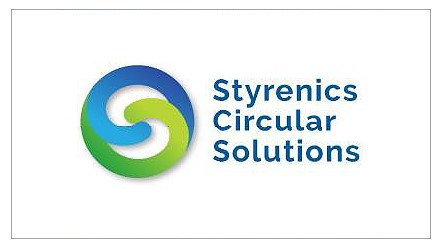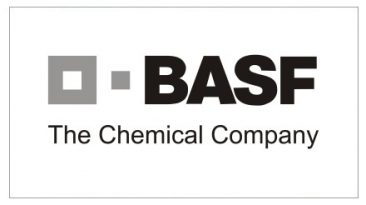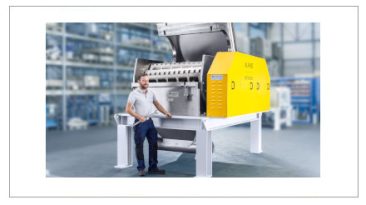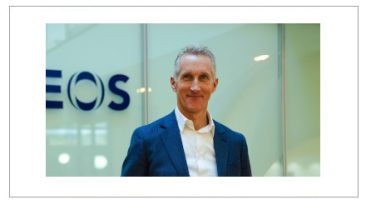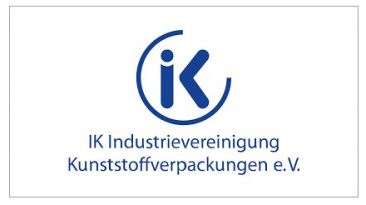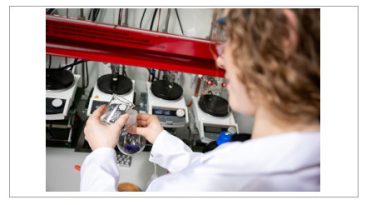•LCA shows significant improvement of CO2 footprint with high purity mechanical recycling, dissolution and depolymerisation technologies for polystyrene
•Further upside potential identifiedwith scale–up production in industry setting
Styrenics Circular Solutions (SCS), the value chain initiative to increase the circularity of styrenic polymers, has unveiled the results of a comprehensive life cycle analysis (LCA) for polystyrene. It shows excellent results for the three innovative recycling processes high purity mechanical recycling, dissolution and depolymerisation compared to the end–of–life option incineration and the production of virgin polystyrene.
The LCA focused on closed loop recycling routes back to food contact quality:
•High purity mechanical recycling of polystyrene feed stock from separate collection saves approx. 80% of CO2 emissions compared to incineration and conventional production of virgin polystyrene.
•Dissolution technology exhibits 75% CO2emission savings.
•Depolymerisation also saves approx. 75% of CO2–emissions.
This LCA study of polystyrene was performed by the leading research institute Neue Materialien Bayreuth GmbH (NMB). The methodology used by NMB followed the pertinent international standards ISO14040 / ISO 14044. The LCA results will be peer–reviewed. Dr. Thomas Neumeyer, Head of Division Polymers, NMB, and Regino Weber, Research Associate Division Polymers, NMB, conducting the study, say: “We used ac onservative approach to calculate the CO2 emissions from polystyrene recycling yielding food–quality products. Best practices from recently published key LCA studies were considered, same as the know–how of industry experts globally.
The full results will be peer reviewed shortly and published later–on.
”Dr. Norbert Niessner, Global Head of R&D/IPat INEOS Styrolution and Chair of Technologies at SCS comments: “The ability to produce circular foodgrade PS recyclate with all three major recycling technologies already makes PS stand out. And now,this also comes at a significantly reduced CO2 footprint. More upside potential is in close reach, once the innovative recycling methods are scaled–up further and the announced commercial scale plants are employed.”
Jens Kathmann, Secretary–General of SCS, commented: “We now have unambiguous, clear data that polystyrene is not only excellently sortable and uniquely circular, but it also comes with a significantly reduced carbon footprint for all three recycling routes we have been focusing on.
This adds to environmental benefits ofr–PS processing as confirmed by our converter members. These LCA results clearly underline the important place that polystyrene has in the circular economy, not only with its closed loop food contact recyclability, but also with its contribution to climate neutrality.”


